A few weeks ago, I interviewed a Teenage Boy for this diary. Given that I write for teenagers, spending quality time inside the heads of the target audience seems a worthwhile experiment. An audience that, however young now, will in time rule the world.
In YOUNG WORLD, my New Novel coming next year, I make the argument that this cohort should get to run the planet much sooner. Not without significant risks, of course. But deep down, I believe this next generation has the tools and heart to solve many of the minefields that previous generations have left for them. You saw much of this intelligence and empathy in the 16 year-old Boy I introduced you to.
Now it’s a Girl’s turn.
ME: Can I start?
UMA: This is so… scary.
ME: Let’s start easy: your name and age and please don’t doxx yourself like your brother did.
UMA: My name is Uma and I’m 16 years old.
ME: I interviewed your twin brother, Kaveen, the other week and we started with a big question — what’s it like being a teenager in 2024 and you can answer that any way you like.
UMA: Sometimes I can’t believe I’m a teenager like in this specific decade. But then I also can’t imagine not being a teenager in 2024. It is a lot sometimes, to be honest — to be self-conscious and constantly overanalyzing everything you do and what your friends say. But then other days, you realize how cool it is. I can drive my friends places. I can do what I like. I have this freedom I never really had before.
ME: When you think of teenagers from the past, who had no smartphones, and basically roamed untethered from their parents… How do you think about that in relation to your life?
UMA: I mean, I understand why these phones exist. And why our parents have to constantly know where we are. Yes, it’s a lack of freedom, but it’s also so much easier to communicate and make plans and go see friends — which must have been hard to do pre-technology. But I also think I’m lucky to have parents that give me the freedom to go and do and not be under crazy restrictions.
ME: What’s your relationship to your phone?
UMA: During COVID was the worst in terms of doomscrolling. But now I have school and activities and so much stuff going on… I just don’t find myself doing it anymore. In fact, sometimes I’ll take conscious breaks from my phone, because I really do need a break from just… everyone. And I’ll sit alone or just do other things than just sitting there on it, with your brain rotting —
KAVEEN (door opens): Do you have the keys?
UMA: I’m doing an interview with Uncle Soman.
KAVEEN: Oh shoot.
UMA: Keys are in the bowl. (Door closes) Where were we?
ME: You’re self-correction on your phone use. And now I’m wondering if you’re a mirror of your whole generation or maybe the next one… who crave this self-correction.
UMA: The parents who have kids now grew up with their own devices, so they know how they… Actually, let me counter my thought. I would argue that the kids who are growing up now have parents who didn’t have devices when they were younger, so those parents don’t know what it’s like. So I’m going to hypothesize here — as the future progresses and parents who grew up with technology have kids, they’re going to understand what it was like to have these devices as kids… And I think that means they’re going to put a lot more restrictions on how they’re used.
ME: Like the people that work at Facebook who don’t allow their kids on Facebook.
UMA: Exactly.
ME: Your brother Kaveen isn’t sure what he wants to do when he grows up. You, on the other hand, found your area of interest very early — engineering and robotics. How did you come to fall in love with that field?
UMA: In elementary school, I wanted to take an after-school class with my friends because I thought it’d be fun. So I ended up in this all-girls, after-school, fourth-grade engineering class. And it wasn’t advanced: it was just playing around with donut models and egg drop projects but even then I just thought it was so cool to be able to design and make stuff and go through the whole process of executing a design. So when middle school offered engineering as an elective, I kept going with it. And now it’s just something I love.
ME: What kind of engineering?
UMA: I have a lot of friends who like the AI and technological stuff. But my fields are more like mechanical and aerospace. The cool thing about aerospace is that space exploration is never going to go out of style. We’re only going to continue to explore.
ME: How about you? Given a chance to hop on a rocket and go to the moon…
UMA: Probably not. I’d feel super disconnected from my family and friends. It would be cool to see what life is like up there, but I don’t think I could ever do it.
ME: Let’s pivot. How do you pick your friends?
UMA: Middle school was rough friend-wise because everyone was changing so much. I didn’t really have many. But then high school, all these new kids showed up and our friend group just kind of formed. It’s almost like if our school was full of frogs and I’m a fish… I suddenly found my group of fishes.
ME: What makes a good fish?
UMA: I look for people who, for one, have common sense and are not insanely simple-minded and never question stuff. I think people who are… not smart like intelligence-wise… but people who actually care about learning and want to do stuff, you know? Instead of just partying and drinking. Which is a lot of kids in my school. (Laughs)
ME: What about the gender mix in your friend groups? When I wrote School for Good and Evil, it was very much about what happens when close-friendships are disrupted by a third party, often of the opposite sex… Do you ever sense that in your own friend groups?
UMA: My group is just my friends and I never think about their gender. We relate to each other in all these different ways — they can be totally different in gender and experience, but we all have the same interests and thoughts and minds. You know, in my friend group, a guy and a girl did date. Like inside the group. And then they broke up and… nothing changed. They’re still friends with each other and everything is exactly like it was before.
ME: This is a diary about my New Novel, which you will be one of the first readers to test when it’s done. So let’s talk about books. Your brother is a fantasy bro. What do you like to read?
UMA: Honestly, kind of everything, but I lean more towards realistic fiction. I never run to one section of a bookstore, though.
ME: What are some books that mean a lot to you?
UMA: This is hard. You’re putting me on the spot.
ME: Not your favorites. Just books you like. Trying to get a sense of your taste.
UMA: I don’t really read a lot of non-fiction, but I loved Radium Girls by Kate Moore. I’m more into real-world topics and issues portrayed in books.
ME: Last book you read?
UMA: Wuthering Heights.
ME: And?
UMA: I liked it but older books like that have so much description that it’s just like… get to the point already. We’re reading The Bluest Eye by Toni Morrison in school right now and I actually really like it. It makes you think so much — like every sentence, you’re questioning what does the author mean by this, what does all of it mean. Poor Dear by Claire Oshetsky was another book I really liked. I found it in the library this summer.
ME: Didn’t you go through a Gillian Flynn phase? I told you to read Gone Girl.
UMA: Oh yeah. That was the intro to my mystery phase — the books that made me wonder what the end was going to be like. After Gone Girl, I think I went through the rest of Gillian Flynn’s books.
ME: Will you always be a reader?
UMA: It will always be a priority for me. But it’s getting harder and harder to find time to read. With school and taking extra classes…
ME: Would audiobooks make it easier?
UMA: I like it on the page, to be honest. I think it’s way nicer to read the words and to go back and reread and feel it.
ME: Last couple questions and they’re big ones. How do you feel about the state of the world in 2024?
UMA: It’s bonkers. There’s just so much stuff happening. We had COVID and now things are kinda back to normal but everything is constantly happening and there’s so much news and it’s hard to keep track of it all.
ME: But do you think that’s because you have a phone telling you all these things? And if you didn’t have a phone, you would only know the things happening in front of you?
UMA: Yes, true. I think without phones, we might not know as much… But I still think that compared to before, there’s still more happening.
ME: Last question. What makes time disappear for you?
UMA: Definitely hanging out. With family and friends. Even if I’m sitting in silence with them. Or just talking. Or playing games with them. Time will always go so fast.
ME: And is that kind of hanging out what makes you go to sleep thinking: that was a good day?
UMA: Yes, I think so. Being around people who I love makes me so happy. Every time I’m around friends and family and I leave, I always get so sad thinking about not being with them. Because I love just hanging out with people.
ME: In-person. Not digitally.
UMA: Yes, in-person. I love observing people and seeing what makes other people happy and there’s always something to see, even if you’re just sitting in total silence with someone. You’re around people. And you can see and notice things you wouldn’t by yourself.
ME: Thanks for taking the time with me.
UMA: Thank you, Uncle Soman.




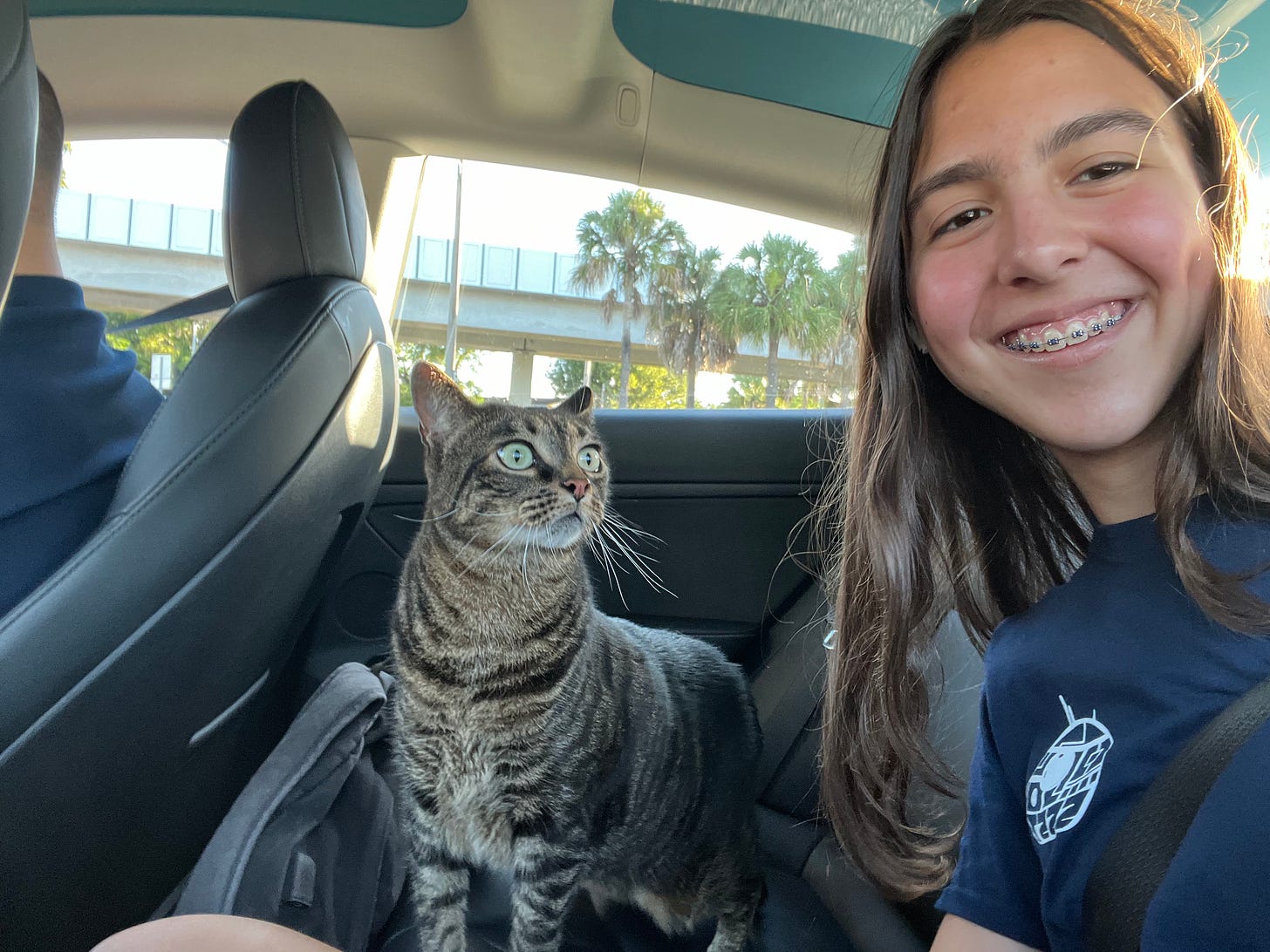
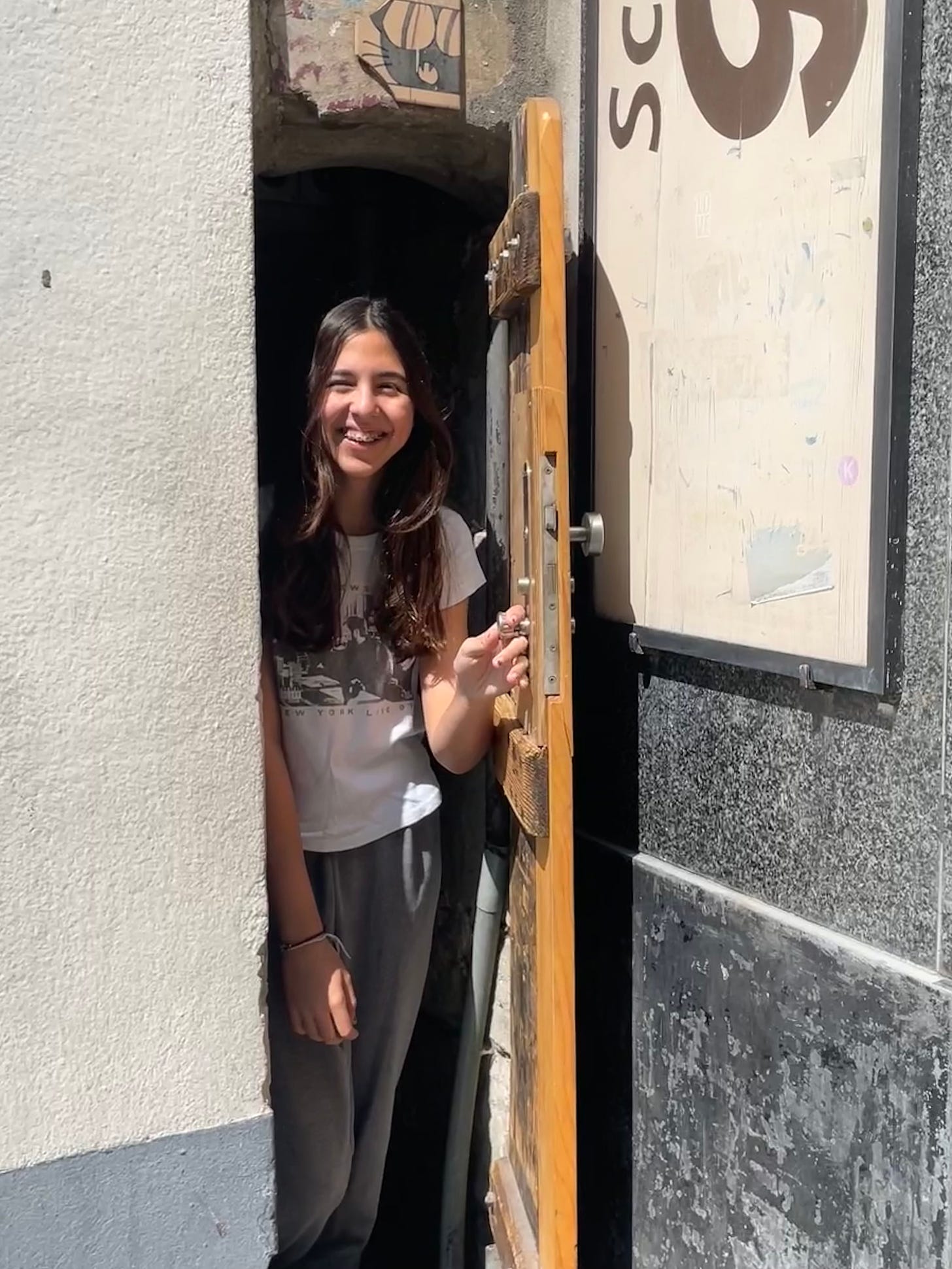

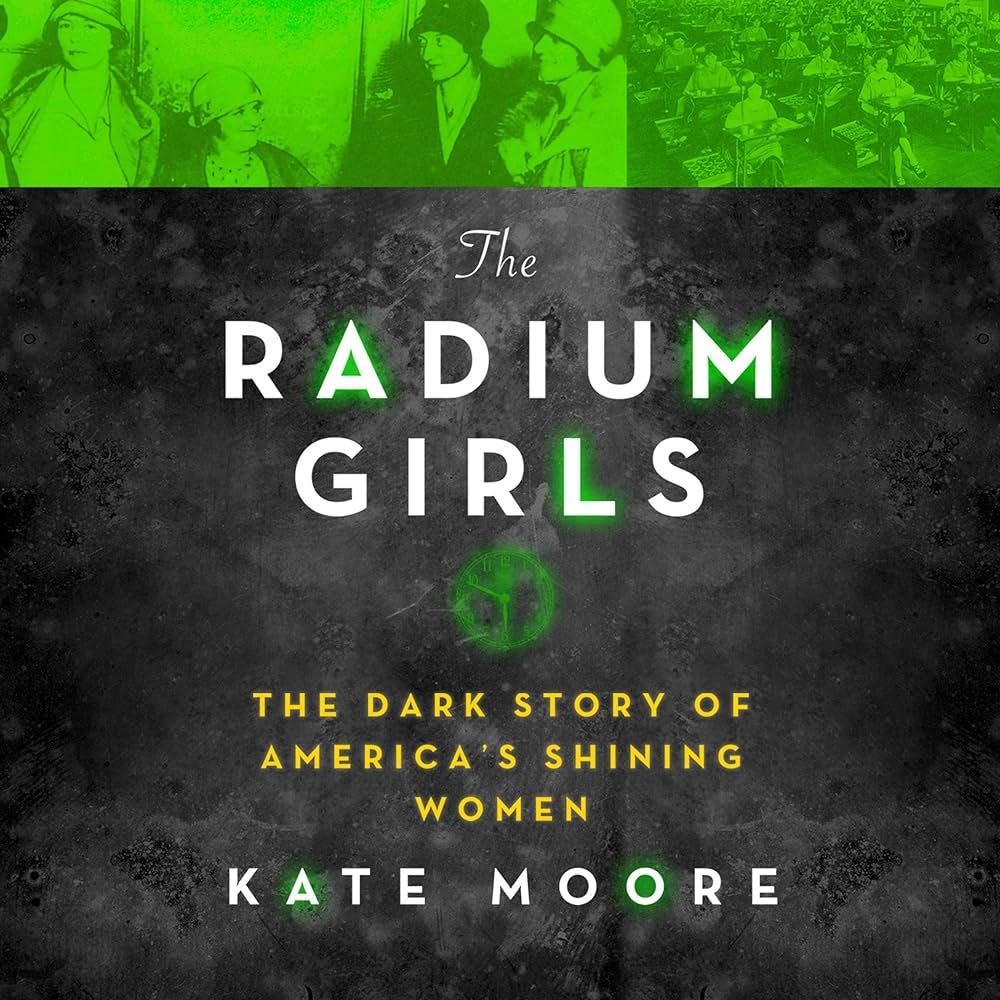
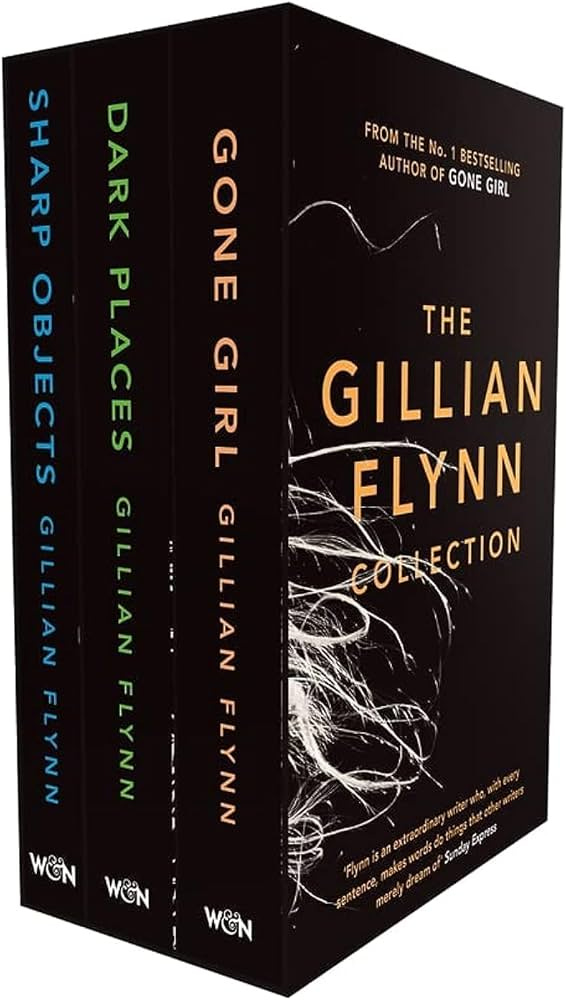
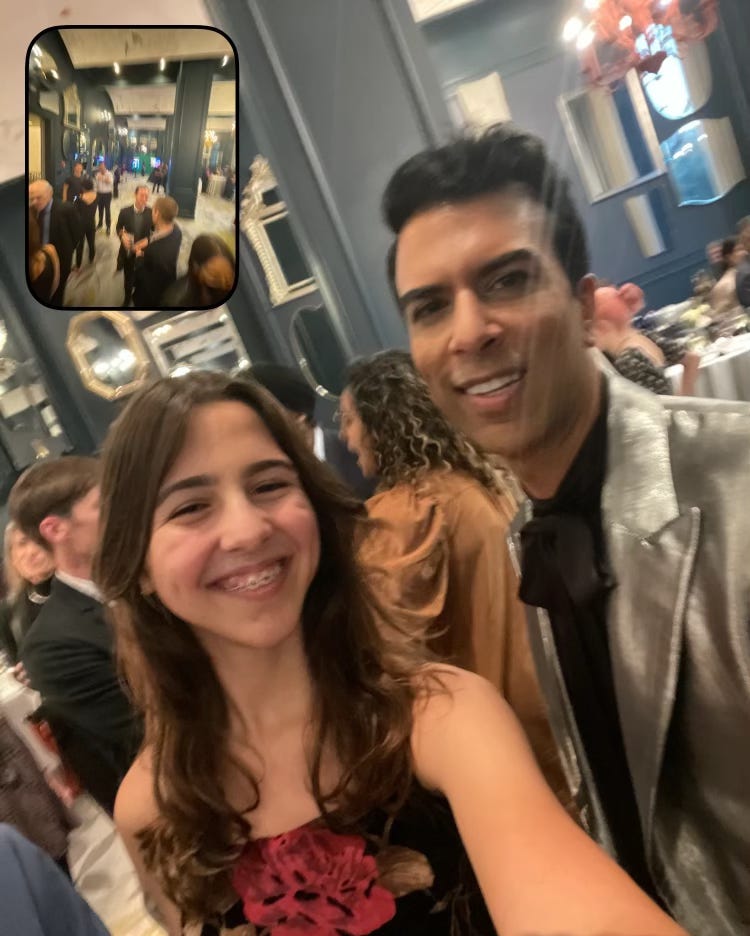
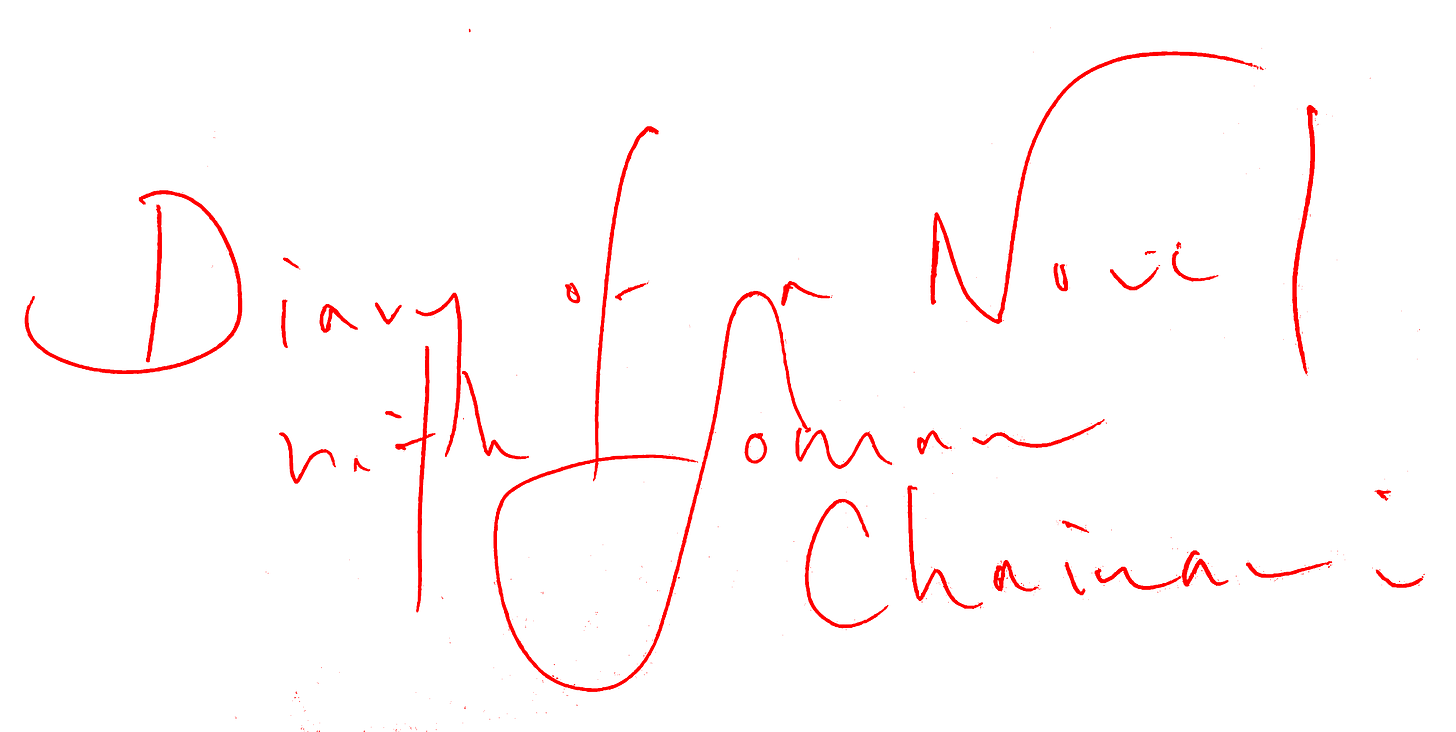
Choosing friends who care about learning...this girl has her head on straight.
Love this!